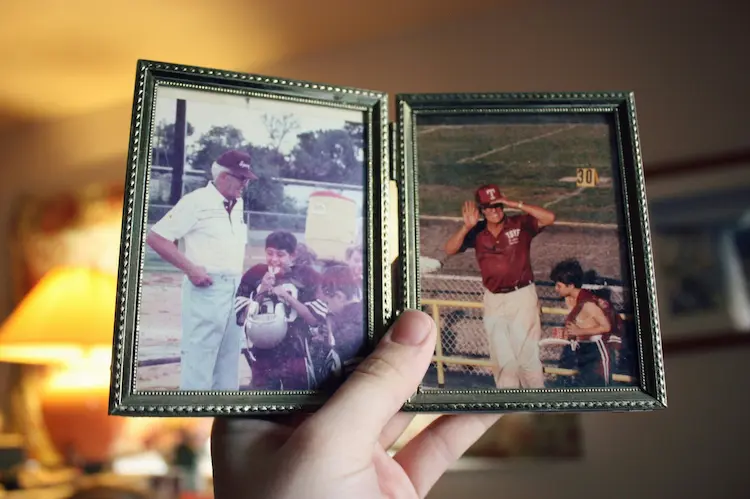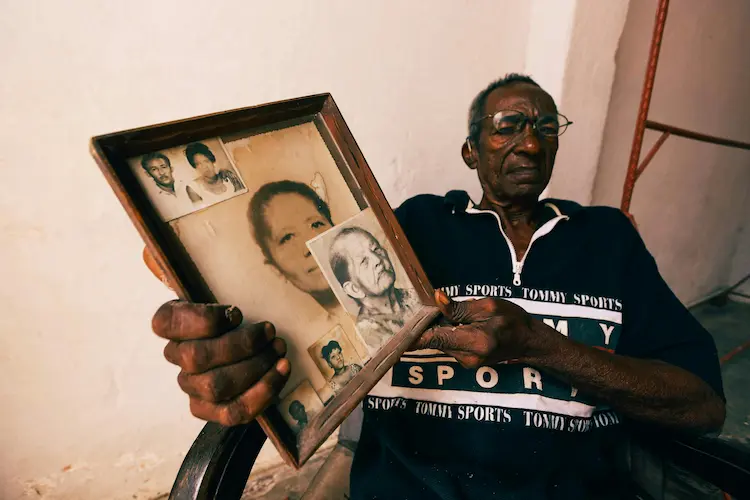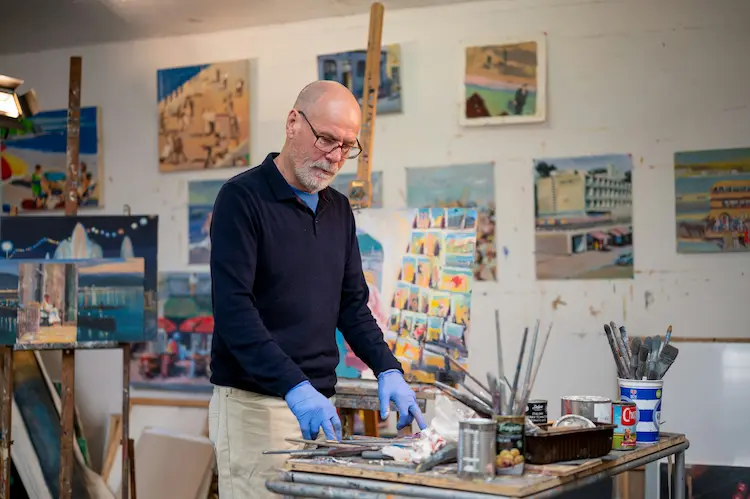
Legacy Definition and Meaning
When exploring the concept of legacy, it’s important to start with the basics: what does legacy mean? According to the dictionary, a legacy refers to something handed down by a predecessor, often in the form of an inheritance. However, in a broader sense, legacy definition extends beyond material possessions to encompass the impact one leaves on people, communities, and the world. To define legacy is to consider the lasting impressions and contributions that shape the future long after an individual has passed.
A legacy is more than just financial assets or heirlooms. It includes the values, memories, and lessons imparted to others. This broader legacy meaning underscores how every action, decision, and interaction contributes to what is left behind. It’s about the lasting impact we make on those around us and the ways in which we are remembered.
What Is a Legacy?
Legacy meaning can be multifaceted. It includes the tangible and intangible effects of one’s life, actions, and values. When asking, “What is a legacy?” we must recognize that it encompasses the memories, influences, and life lessons imparted to others. A legacy can manifest in various forms, such as the principles instilled in family members, the charitable work done in one’s lifetime, or innovations and ideas that continue to benefit society.
In essence, defining legacy involves recognizing the importance of how one’s life impacts others. It’s about understanding that our actions today have the power to influence the future, shaping how we are remembered and the mark we leave on the world.
Types of Legacy
Understanding what legacy means involves recognizing its diverse types:
Personal Legacy:
This includes the values, beliefs, and traditions passed down within a family. It might be the ethical principles a parent instills in their children or the cultural heritage preserved through generations.
Professional Legacy:
This encompasses contributions to one’s field of work. An example could be a teacher whose methods inspire future generations of educators or a scientist whose discoveries pave the way for further research.
Philanthropic Legacy:
Many people choose to leave a lasting impact through charitable activities. This could be through foundations, donations, or initiatives that continue to support causes they were passionate about.
Creative Legacy:
Artists, writers, musicians, and other creatives leave a lasting legacy through their works, influencing culture and inspiring future generations.

Ways to Create a Lasting Legacy
To create a lasting legacy, it’s essential to consider the values and actions that align with one’s life purpose. Here are some ways to ensure your legacy endures:
Mentorship and Teaching:
Sharing knowledge and guiding others can have a profound, lasting impact. By mentoring, you pass on wisdom and skills that can benefit future generations.
Philanthropy and Volunteering:
Engaging in charitable activities and supporting causes you care about can create a significant legacy. Whether through time, money, or resources, your contributions can lead to lasting change.
Documenting Your Life Story:
Writing memoirs, creating video diaries, or compiling family histories can preserve your experiences and insights for future generations.
Establishing Traditions:
Traditions create a sense of continuity and belonging. Establishing and maintaining family rituals can be a meaningful way to leave a legacy.
Innovating and Creating:
Whether in business, science, arts, or technology, innovation can lead to advancements that benefit society. Your contributions can continue to have an impact long after you are gone.
Investing in Education:
Supporting educational initiatives, scholarships, and institutions can ensure future generations have access to knowledge and opportunities.
The Importance of Legacy
Legacy is crucial because it connects us to the past and sets a foundation for the future. It’s a way of ensuring that our lives matter and that our contributions will endure. By understanding what a legacy is and how to create a meaningful one, we can live with purpose and intention, knowing that our actions today will shape tomorrow.

Final Thoughts
Defining legacy goes beyond understanding a simple legacy definition. It involves recognizing the various ways in which we can impact the world and choosing to live in a way that ensures our values, actions, and contributions leave a lasting mark. By reflecting on what legacy means to us individually, we can take deliberate steps to create a meaningful and enduring legacy for those who follow.
The Broader Impact of Legacy
When considering the broader impact of legacy, it is essential to reflect on both personal and communal influences. One’s legacy extends into the realms of societal advancement and cultural heritage. It includes fostering positive change within communities, advocating for justice, or creating artistic works that resonate through time.
Communal legacies are built on shared values and collective efforts. A community leader who champions local development projects, a businessperson who promotes ethical practices, or an artist whose work inspires social change all contribute to a broader legacy that transcends individual impact.
Building a Legacy Through Actions
Actions speak louder than words when it comes to building a legacy. Consistent behavior aligned with one’s values ensures that the legacy left behind is a true reflection of what mattered most. Integrity, kindness, generosity, and perseverance are qualities that contribute to a legacy of positive influence.
For example, a legacy of kindness might be built through acts of service, helping those in need, and promoting inclusivity and understanding. A legacy of perseverance could be reflected in overcoming personal challenges and inspiring others to do the same.
Creating a Sustainable Legacy
In today’s world, sustainability is a critical aspect of legacy building. A sustainable legacy considers the long-term effects of our actions on the environment and future generations. This could involve adopting eco-friendly practices, supporting conservation efforts, or championing sustainable development.
Moreover, creating a sustainable legacy means thinking about how our contributions can continue to benefit others long after we are gone. This might involve setting up endowments, supporting long-term projects, or creating initiatives that can grow and adapt over time.
Honoring and Preserving Legacy
Honoring a legacy involves preserving the memory and impact of those who have come before us. This can be achieved through memorials, storytelling, and continuing the work they started. For instance, families can honor their ancestors by maintaining family traditions and passing down stories that highlight their values and achievements.
A lasting legacy is a memorial created to honor someone. In recent years, memorial diamonds have made their mark in serving as a legacy someone leaves behind. Memorial diamonds can be passed down for generations, reminding family of the people that once were and the legacy they left behind.
Communities can honor legacy through public memorials, educational programs, and by naming buildings, scholarships, or awards after influential figures. These acts of remembrance ensure that the contributions and sacrifices of past generations are not forgotten and continue to inspire future actions.
Legacy in the Digital Age
The digital age has introduced new dimensions to the concept of legacy. Online platforms and social media allow individuals to share their stories, ideas, and contributions with a global audience. Digital legacies include the content we create, the connections we make, and the influence we exert in virtual spaces.
Additionally, digital archives, blogs, and social media profiles can serve as modern-day diaries, preserving personal histories and thoughts for future generations. The digital age also offers tools for documenting and sharing legacies in innovative ways, such as through multimedia storytelling and interactive exhibits.

Understanding legacy involves recognizing the profound impact our lives can have on others and the world. By defining legacy in its various forms—personal, professional, philanthropic, and creative—we gain insight into how to shape a meaningful and lasting influence. Through intentional actions, sustainable practices, and a commitment to honoring those who came before us, we can ensure that our legacy is one of positive change and enduring significance.
In summary, legacy definition extends far beyond material inheritance. It encompasses the totality of our actions, values, and contributions. What is a legacy? It is the lasting mark we leave on the world, a testament to our life’s impact. By understanding what legacy means, we can consciously create a legacy that reflects our true selves and continues to benefit others long after we are gone.



